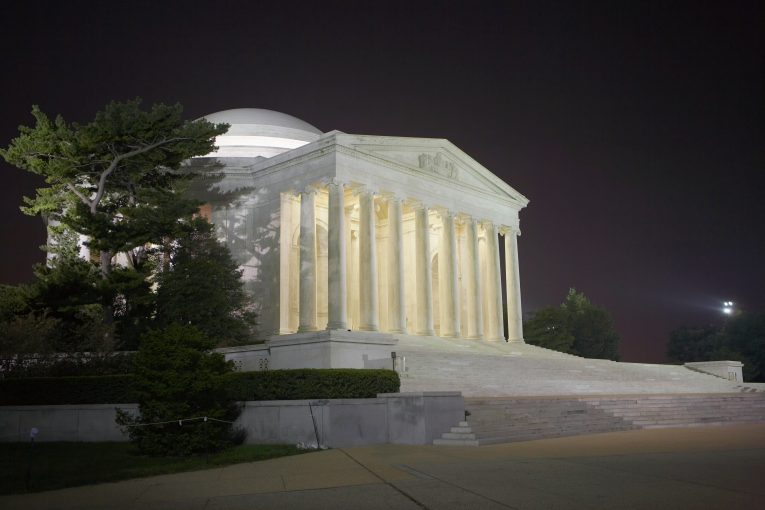
In a sharply divided decision with significant implications for due process and the right to appeal, the U.S. Supreme Court this week declined to review the case of Missouri death row man Lance Shockley—despite serious questions of juror bias and a fractured ruling in the appellate courts.
The denial appears to exhaust future options for Shockley to challenge his conviction, even though one federal judge believes his claims warranted a full hearing.
The case revolves around whether a single judge’s vote should be enough to grant a “certificate of appealability” (COA), a procedural requirement for prisoners appealing their convictions in federal court.
In Shockley’s case, one judge on a three-judge panel voted in his favor, but under Eighth Circuit rules, that wasn’t enough to proceed. In at least four other circuits, that same vote would have allowed Shockley to advance his appeal.
Justice Sonia Sotomayor, joined by Justice Ketanji Brown Jackson, issued a forceful dissent criticizing the majority’s refusal to take up the case.
“Allowing a panel of judges to deny a certificate of appealability over a dissenting vote has significant consequences,” she wrote. “This case exemplifies the problems with the Eighth Circuit’s contrary approach.”
Shockley was convicted of the 2005 murder of Missouri Highway Patrol Sergeant Carl Graham, who had been investigating Shockley’s involvement in a fatal drunk-driving incident just the day before. While the trial led to a conviction, post-trial revelations raised serious concerns about jury integrity.
The jury foreperson in Shockley’s case had authored a graphic novel in which a protagonist—based on himself—commits a revenge killing against a drunk driver who caused his wife’s death. The foreperson shared the novel with fellow jurors and court officials during the trial. Though he was dismissed before sentencing, Shockley’s attorneys later discovered that the book had influenced other jurors. His original defense team did not question any jurors about the potential impact, a decision that became central to his post-conviction claims of ineffective assistance of counsel.
Those claims were rejected by a federal district judge, and the Eighth Circuit upheld that denial—despite a dissenting judge who agreed the appeal should be heard. When Shockley’s attorneys petitioned the Supreme Court, they asked the justices to settle the longstanding divide among federal appellate courts over whether one judge’s vote should suffice for a COA.
Justice Sotomayor argued in her dissent that the COA process is not supposed to be a judgment on the merits of the case, but rather a low threshold to determine if “reasonable jurists could debate” the issues.
“Had the Court instead followed the approach taken in the Third, Fourth, Seventh and Ninth Circuits, that error would have been avoided,” she wrote.
The decision means Shockley’s appeal is effectively dead, despite compelling evidence that his trial was compromised by misconduct and ineffective legal representation.
In addition, the Court’s refusal to address the COA question leaves in place an inconsistent and geographically arbitrary appellate process—one that allows prisoners in some states greater access to justice than in others.
“This is a stark reminder that even serious constitutional concerns can go unheard—not because they lack merit, but because of where the case lands,” said a spokesperson for the Center for Death Penalty Litigation. “It undermines confidence in a fair and consistent legal system.”
The Vanguard has long reported on disparities in the criminal legal system, particularly in death penalty cases where errors, prosecutorial misconduct, and inadequate defense representation are disturbingly common. Critics believe that the Shockley case is yet another example of how technical procedural barriers can prevent courts from fully considering whether a person’s constitutional rights were violated.
Justice Sotomayor has previously raised concerns about the Eighth Circuit’s approach to COAs. In a similar 2023 case involving another Missouri death row prisoner, Johnny Johnson, Sotomayor dissented from the Court’s decision to let the execution proceed without a full hearing on Johnson’s mental competency.
“In both cases, the Court has chosen to let procedure outweigh justice,” she wrote this week. “And in both cases, the result is the same: the door to the courtroom is shut.”
Shockley remains on death row in Missouri.